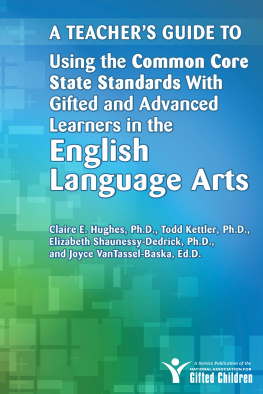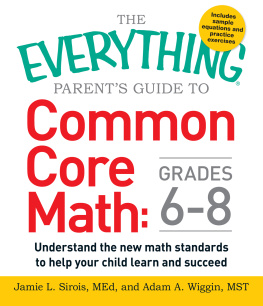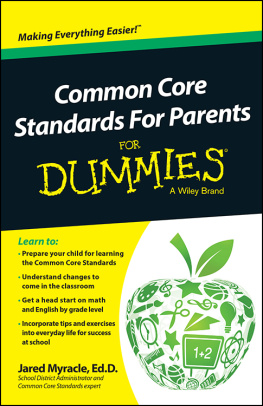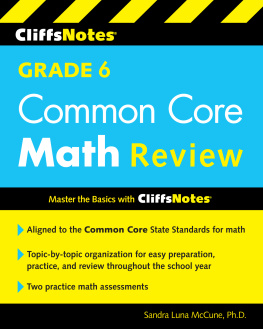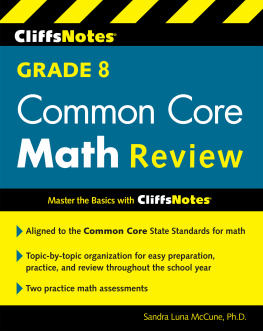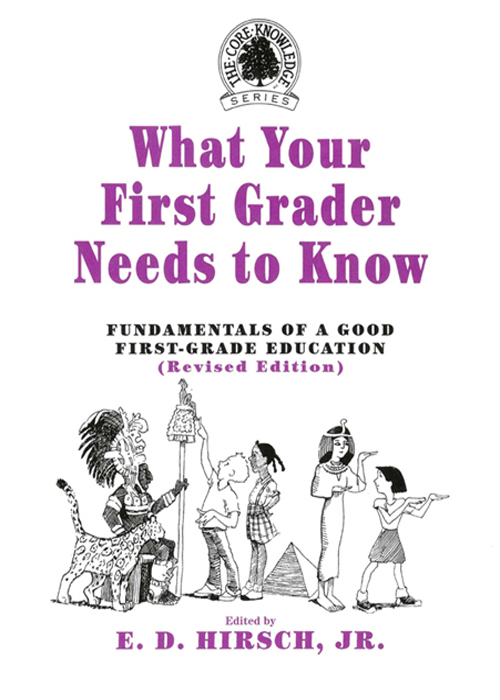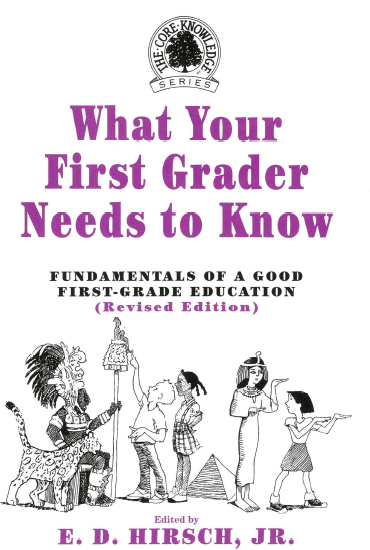E.D. Hirsch - What Your First Grader Needs to Know: Fundamentals of a Good First-Grade Education
Here you can read online E.D. Hirsch - What Your First Grader Needs to Know: Fundamentals of a Good First-Grade Education full text of the book (entire story) in english for free. Download pdf and epub, get meaning, cover and reviews about this ebook. year: 2009, publisher: Random House Publishing Group, genre: Children. Description of the work, (preface) as well as reviews are available. Best literature library LitArk.com created for fans of good reading and offers a wide selection of genres:
Romance novel
Science fiction
Adventure
Detective
Science
History
Home and family
Prose
Art
Politics
Computer
Non-fiction
Religion
Business
Children
Humor
Choose a favorite category and find really read worthwhile books. Enjoy immersion in the world of imagination, feel the emotions of the characters or learn something new for yourself, make an fascinating discovery.

What Your First Grader Needs to Know: Fundamentals of a Good First-Grade Education: summary, description and annotation
We offer to read an annotation, description, summary or preface (depends on what the author of the book "What Your First Grader Needs to Know: Fundamentals of a Good First-Grade Education" wrote himself). If you haven't found the necessary information about the book — write in the comments, we will try to find it.
What will your child be expected to learn in the first grade? How can you help him or her at home? How can teachers foster active, successful learning in the classroom? This book answers these all-important questions and more, offering the specific shared knowledge that hundreds of parents and teachers across the nation have agreed upon for American first graders. Filled with opportunities for reading aloud and fostering discussion, this first-grade volume of the acclaimed Core Knowledge Series presents the sort of knowledge and skills that should be at the core of a challenging first-grade education. Inside youll discover
- Beloved storiesfrom many times and lands, including a selection of Aesops fables, Hansel and Gretel, All Stories Are Anansis, The Tale of Peter Rabbit, and much more
- Familiar sayings and phrasessuch as Do unto others as you would have them do unto you and Practice makes perfect
- World and American history and geographytake a trip down the Nile with King Tut and learn about the early days of our country, including the story of Jamestown, the Pilgrims, and the American Revolution
- Visual artsfun activities plus full-color reproductions of masterworks by Leonardo da Vinci, Vincent van Gogh, Paul Czanne, Georgia OKeeffe, and others
- Musicengaging introductions to great composers and music, including classical music, opera, and jazz, as well as a selection of favorite childrens songs
- Matha variety of activities to help your child learn to count, add and subtract, solve problems, recognize geometrical shapes and patterns, and learn about telling time
- Scienceinteresting discussions of living things and their habitats, the human body, the states of matter, electricity, our solar system, and whats inside the earth, plus stories of famous scientists such as Thomas Edison and Rachel Carson
BONUS: This edition includes an excerpt from What Your Second Grader Needs to Know.
E.D. Hirsch: author's other books
Who wrote What Your First Grader Needs to Know: Fundamentals of a Good First-Grade Education? Find out the surname, the name of the author of the book and a list of all author's works by series.

